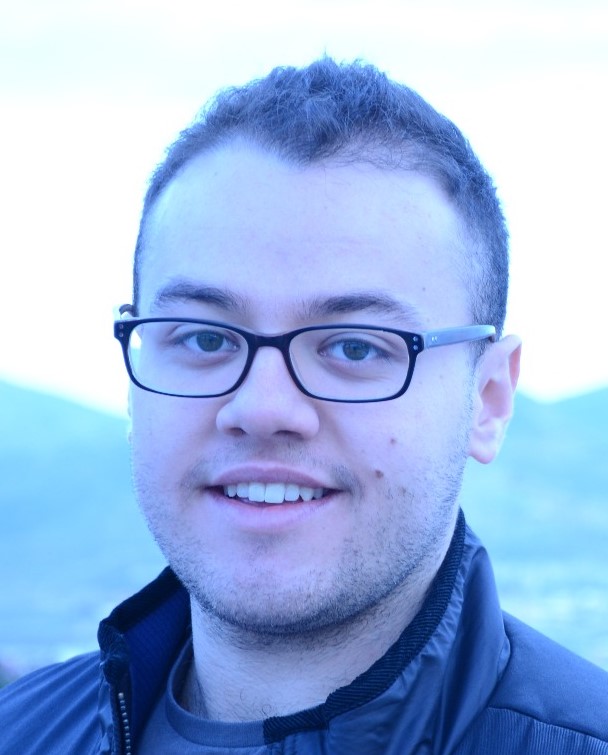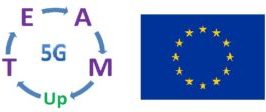
ESR 2
Manuel José López Morales
New Transmitter and Receiver Algorithms for mMIMO with Limited Channel State Information
LinkedIn: https://www.linkedin.com/in/mjlm-46116790/
Google Scholar: https://scholar.google.com/citations?user=3feZ_bwAAAAJ
Biography
My name is Manuel and I am from Murcia, a beautiful city in the South-East of Spain. Since I was a child I showed a keen interest in technology, and that is what led me to move to Madrid when I was 17 years old to start my bachelor of engineering in Telecommunications. Apart from technology, some of my hobbies include reading, exercising, videogames, politics, economy, travelling, scuba-diving and driving.
Since I started studying in university, I have become a passionate in the telecommunications industry. During my career, I have had the opportunity to spend some periods abroad, which led me to learn about other cultures, relate with people from a variety of backgrounds and thus acquire a much greater conscience of the global world we live in. During my Erasmus in Sweden, I found out my professional passion was Wireless Communications and that I enjoyed research and development in this area very much.
Currently I am a doctoral student in Wireless Communications under the supervision of Professor Ana Garcia Armada at Universidad Carlos III de Madrid, as part of the TeamUp5G project. My current research interests include beyond-5G communications, with a focus on non-coherent wireless systems and machine learning applied to wireless systems.
Objectives
The goal of this project is to design algorithms for transmission and reception in massive MIMO systems where there is little or none Channel State Information (CSI) required in the transmitter side. They will be optimized to increase the spectral efficiency in a given cell even with low signal to noise ratio (SNR). These algorithms will be based in non-coherent processing (no CSI required at all), spatial modulation and/or antenna selection techniques (reduced CSI required), or combinations of the three. With this approach, the potential improvements in capacity and energy efficiency of massive MIMO can be leveraged without the need to estimate too many channels and the inherent pilot contamination problems that are today the bottleneck for the implementation of these systems are avoided.
Expected Results
New algorithms contributing to increase the capacity and energy efficiency of future networks where small base stations may be equipped with a very large number of antennas. The achieved performance will be analyzed by link-level simulations and a selected set of techniques will be prototyped for a proof of concept with a reduced number of antennas to keep complexity reduced.
Institutions and Supervisors
- Main Institution: Universidad Carlos III de Madrid
- PhD Enrollment: Universidad Carlos III de Madrid
- Academic Supervisor: Professor Dr. Ana Garcia Armada (Universidad Carlos III de Madrid)
- Industry Supervisor: Mr. Javier Lorca Hernando (Telefonica I+D Spain)
Secondments
- Telefonica I+D (TID, Madrid): from 1st September 2020 to 18nd December 2020
- Universidade Nova de Lisboa (UNL, Lisbon): from 15th February 2021 to 15th July 2021
- Telenor R&D (Oslo): from 1st September 2021 to 30th October 2021
